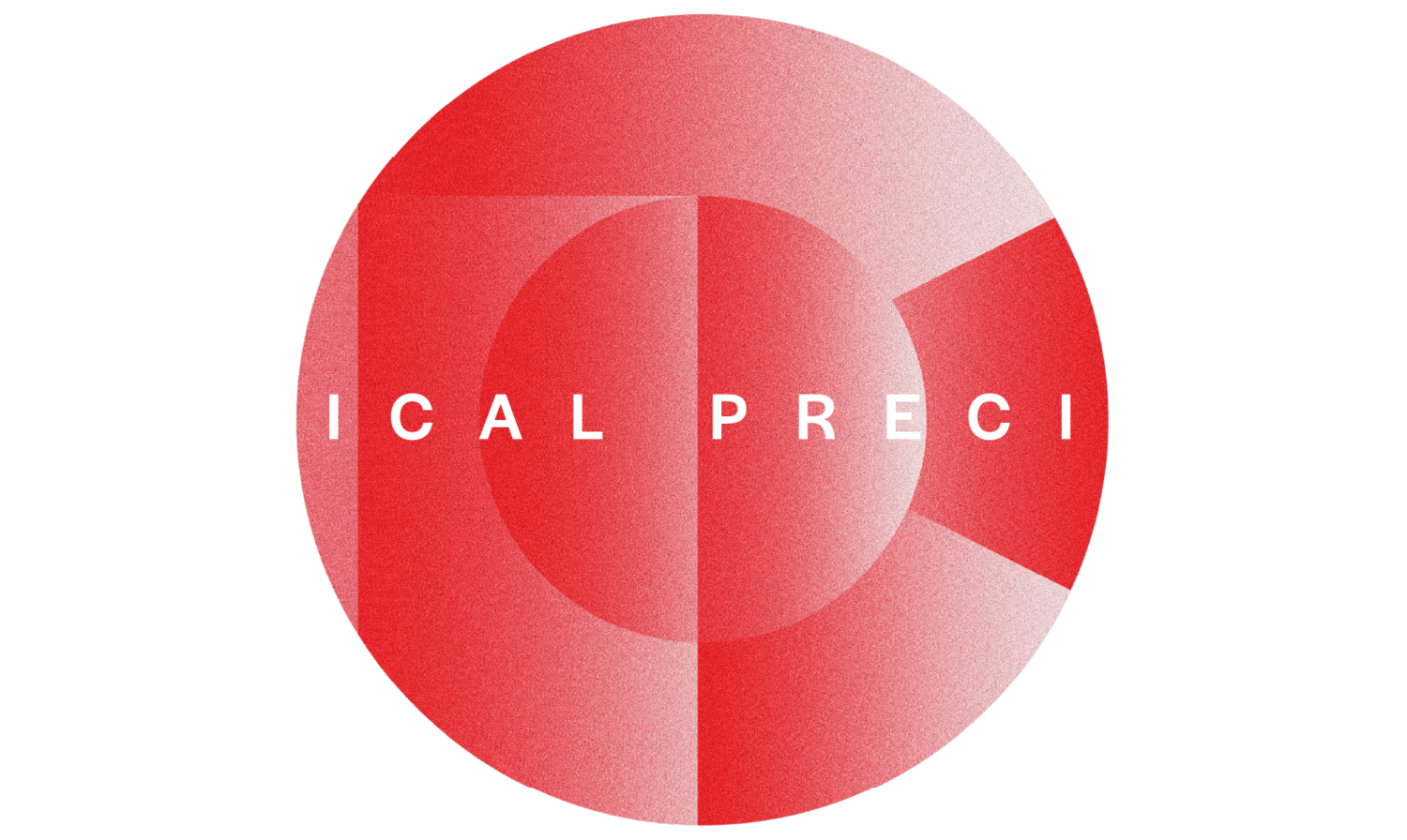Osteoarthritis
If you are experiencing chronic pain in your knees, you may be suffering from osteoarthritis, a progressive inflammatory breakdown of the joint. The knees are the most common site affected by osteoarthritis. For many people, this condition may significantly reduce quality of life and physical activity.
Arthritis is an inflammatory condition which causes overgrowth of blood vessels and sensory nerve fibres that transmit pain. Genicular Artery Embolisation (GAE) reduces or eliminates this abnormal blood flow, reduces the amount of inflammatory products delivered to the painful area and reduces the amount of pain experienced.
Initial research shows promising symptom relief with reduced pain and increased function after the transcatheter embolisation procedure. This procedure does not treat the underlying degeneration but can offer significant symptom relief while delaying the need for a major surgical procedure like knee replacement.
Symptoms
Chronic knee pain
Nighttime and rest pain
Pain that occurs when climbing the stairs
Treatment
Genicular Artery Embolisation offers a new hope for the patients with mild osteoarthritic changes, and can delay the need for a knee replacement. A one hour outpatient procedure performed with moderate sedation can help some with osteoarthritis of the knee get back in action in just days.
Dr Landers will target the abnormal vessels and inject microscopic particles into the arteries around the knee to reduce or eliminate the abnormal blood flow. There is a minimal discomfort associated with the procedure as the patient is mildly sedated. Patients are discharged the same day. Some patients can feel immediate relief and are back in action within a day or two.
Find out more
Book an appointment with Dr Steve Landers.
1. Excessive abnormal blood vessels in the area of the inflammation
2. Excessive blood supply trimmed back to normal baseline
Are you a good candidate for this procedure?
If you are experiencing the following symptoms, this procedure is suitable for you.
Common osteoarthritis (OA) symptoms like pain, stiffness, swelling, and difficulty moving the associated joint.
Patients with chronic knee pain, resistant to conventional therapies (e.g., oral non-steroidal anti-inflammatory drugs, oral opioid agents, physical therapy, muscle strengthening, intra-articular injection of hyaluronic acid) for at least 3 months.
Spontaneous pain, including nighttime pain and rest pain, strongly suggests the presence of an abnormal neovessel at the origin of pain.
Pain that occurs when climbing the stairs is a good indicator of the existence of abnormal neovessels.
Patients with pain only while walking on flat ground should be carefully evaluated because the pain in this situation mainly comes from the overload on the weight-bearing joint or anatomic joint incongruence, not from an abnormal neovessel. These patients often have severe/end-stage degenerative changes and should be considered for knee joint surgery.
Source: Embolization for OA: Which Patients Are the Most Suitable Candidates? By Masahiko Shibuya, MD, PhD, and Yuji Okuno, MD, PhD
Plantar Heel Pain (PHP) / Plantar Fasciitis
Plantar heel pain (PHP) is the most common problem with the foot. The pain is chronic and disabling, affecting your daily activities and quality of life. It’s usually stress on the ‘plantar fascia’, due to an increase or change in activity, weight gain, or due to faulty alignment of the foot and ankle. It’s more often in the sporting population after extensive exercise, particularly running.
Symptoms.
A stabbing pain in the bottom of your foot near the heel.
The pain on the first few steps after awakening or after long periods of standing or when you get up after sitting. The pain tends to gradually go away once you begin walking around.
The pain near the heel after exercise, not during it.
Treatment.
Transcatheter arterial embolisation (TAE) is a new treatment option for PHP. TAE reduces blood flow in neovessels that proliferate in the affected tissues by injecting tiny embolic particles into the neovessels via an intra-arterial catheter.
1. Excessive abnormal blood vessels in the area of plantar fascia insertion
2. Excessive blood supply trimmed back to normal baseline
Dr. Steve Landers about PHP and Embolisation.
Find out more
Book an appointment with Dr Steve Landers.





